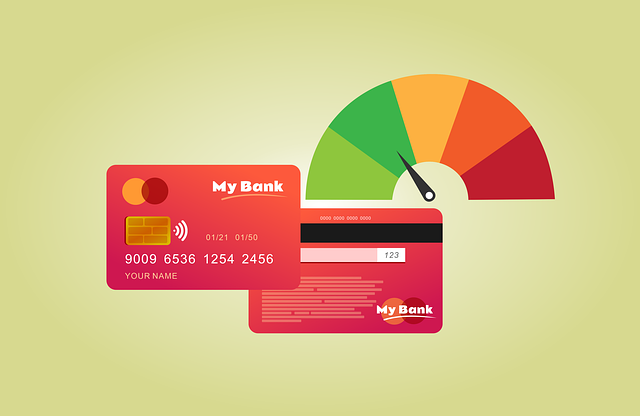
Credit scores are determined by the type of credit you have. This is called the "credit mix". One can have "good credit", which is mortgages, or "bad credit," which is high-interest credit cards and payday loan. The types of credit you have will affect your score, so it's crucial to understand the factors that will affect your score.
Length of credit history
Your credit score will be affected by how long your credit history has been. This is the average age for all your credit accounts. Credit scoring agencies calculate it. The higher your score, the better your credit history. But, even if you don't have a long credit history, that doesn't necessarily mean you won't be able to have good credit. If you make timely payments and avoid making late payments, it is possible to build long credit histories.
Your credit history is one major factor that will impact your score. It ranks right at the top of the list, after the age of your accounts as well as the amount you borrow. However, it is important to remember that credit history can be as long as 10 years. People with good credit have an average score of 711 and having a longer credit record can help you keep a good score.
Payment history
Your payment history is an important factor in determining credit scores. Lenders use this score when making lending decisions. Your score can be hurt if your late payments are frequent. Your score will drop if you don't pay your bills in time.

Your payment history shows which accounts you have been responsible for and when. This information represents 35% to your credit score. Lenders use it to decide if you can repay a credit card or loan. Because this information tells lenders how likely they are that you will pay your debts, it is important for them to prioritize your payment record. You should note, however, that late payments do not automatically affect your credit score. Your positive payment history may outweigh the few late payments.
Credit utilization
Your credit utilization ratio is an important factor that can affect your credit score. It will tell you if you are a high spender or low risk customer and can improve your chances of getting approved to borrow money. In general, you should limit your credit limit to revolving account usage to less than 30 percent. You should also pay off your balances every month. In order to get a better understanding of your credit utilization rate, you can check your credit score online.
The higher your credit utilization, the lower your credit score. Having a balance-free credit card may be one way to boost your score. However, if your credit card has a high balance, it can negatively impact your credit utilization ratio. It is possible to improve your score by paying off your outstanding balances within the time frame.
Credit utilization ignores collections
Your credit score is a function of how well you manage your credit. This tells the scoring system how well your credit is managed. A high credit utilization will affect your score. Keeping your credit utilization below 30% is best. Credit utilization is affected by several factors. You might have too many loans or credit cards.
Your credit utilization should be considered as a percentage of your credit. If you only use a small amount of your credit, collections should not be a concern. Even if you have several high-limit credit cards, you should still keep your total utilization ratio below 30%. This will allow thousands of dollars to be available in credit.

VantageScore
A VantageScore is determined by your payment history. It shows lenders that the borrower can handle different types of credit. Your credit utilization will be lower and your score will improve if you pay off your debts quickly. Also, it is a good idea to keep your oldest credit accounts open and in good standing.
VantageScore takes into account several factors such as your payment history and total debt. Your payment history accounts for approximately 35% of your score, but the percentage of total debt you owe is also important. Your credit utilization plays an important role. It is generally a good idea that your balances are kept to 30% of your credit limit.